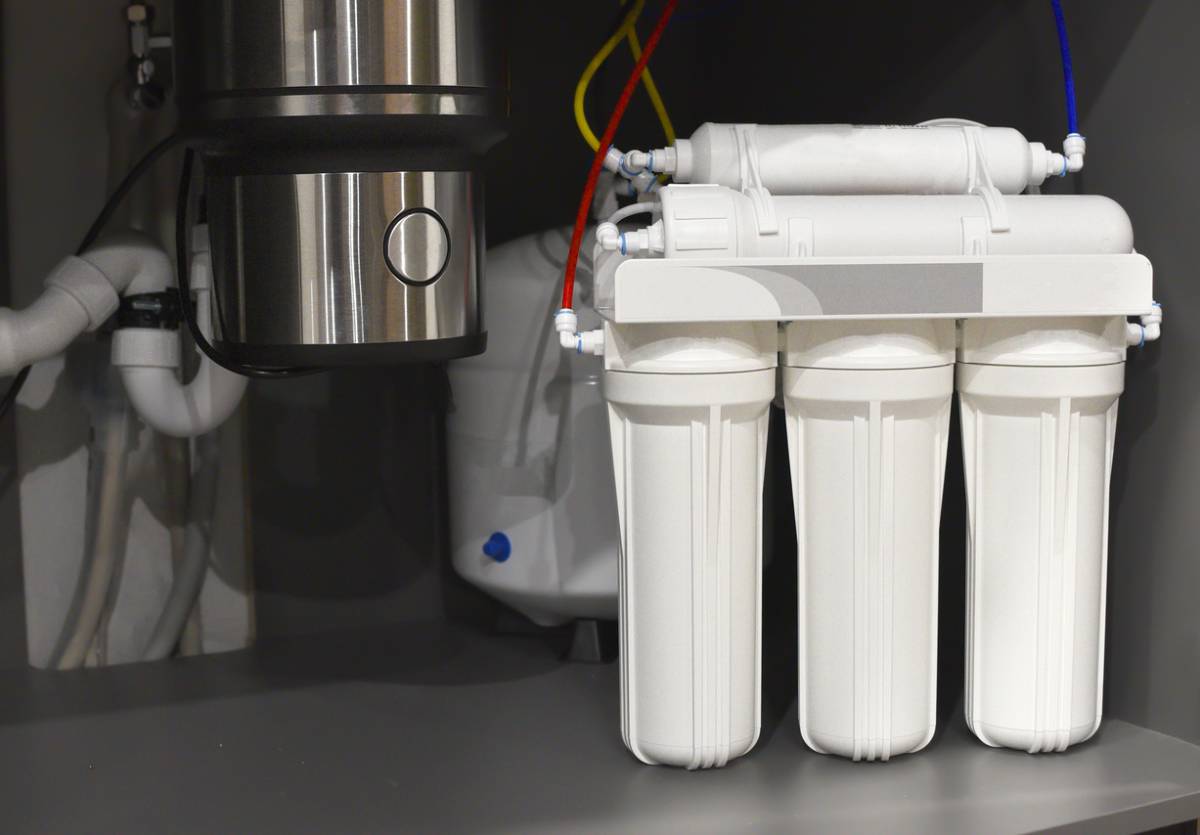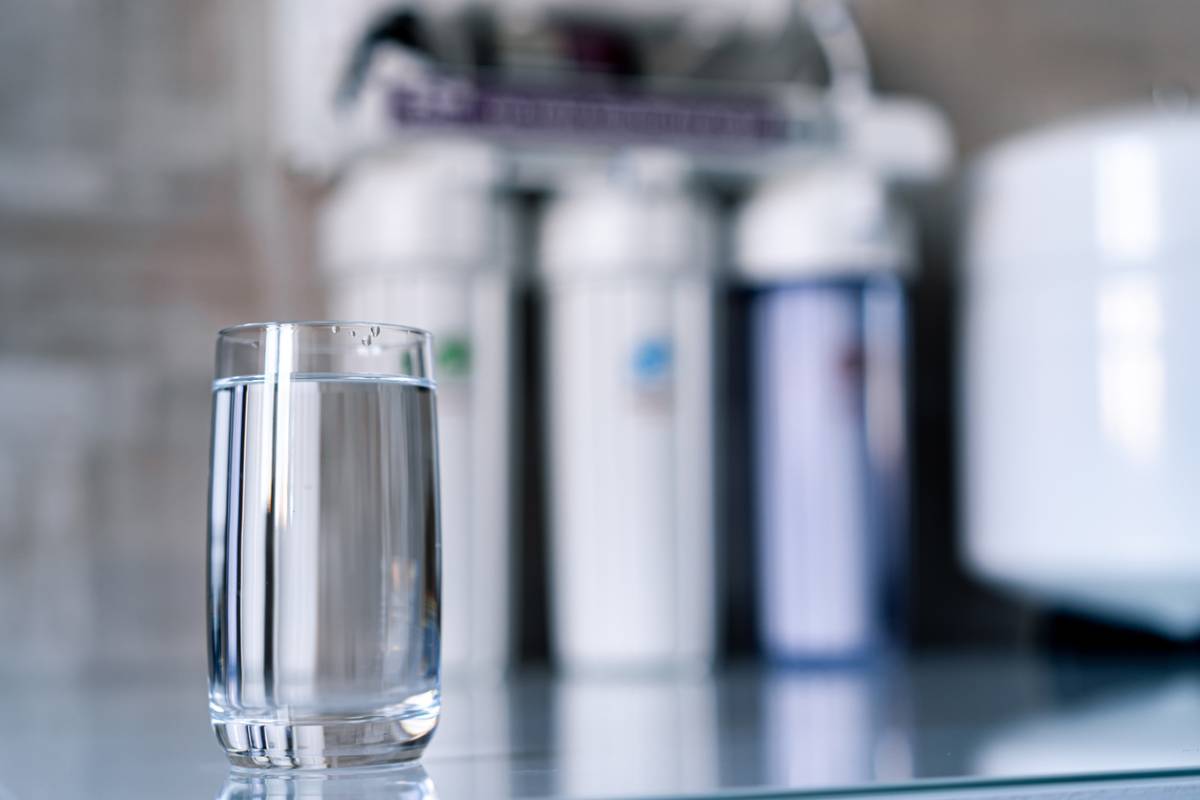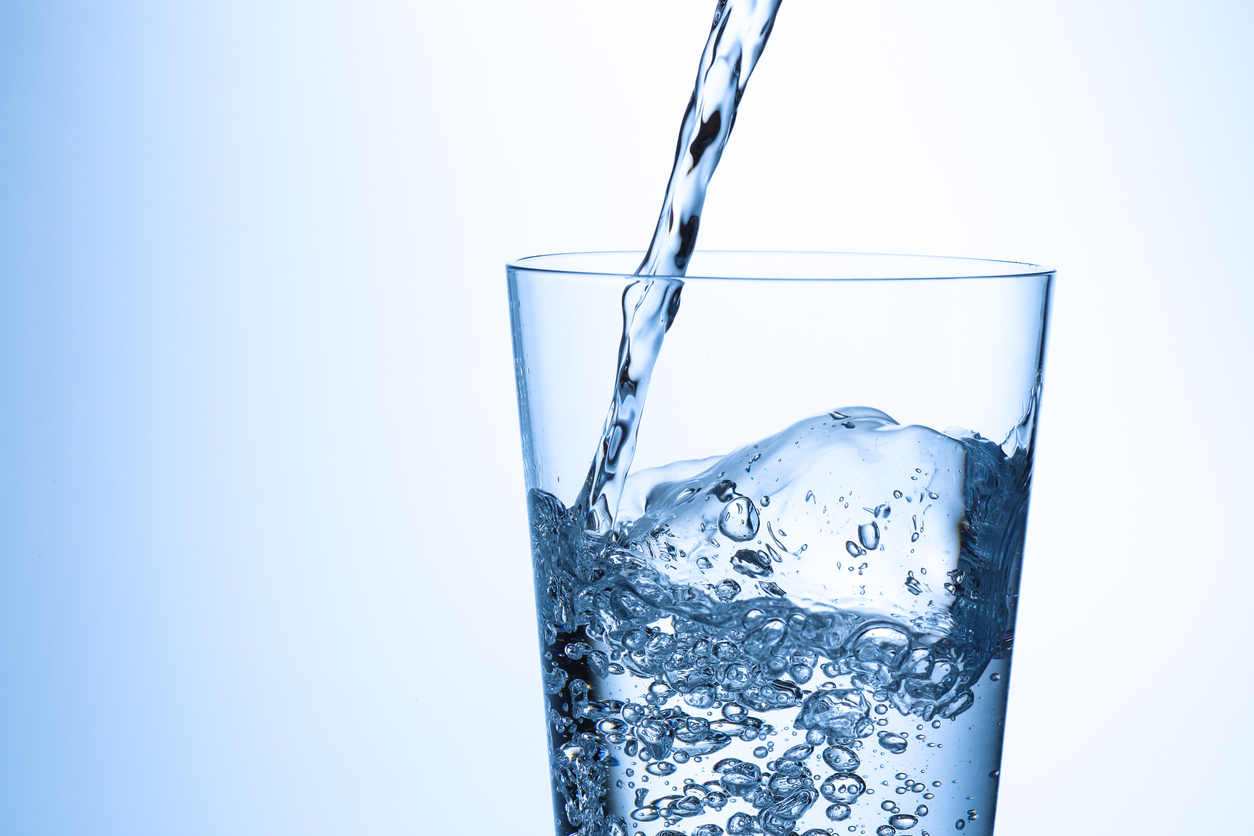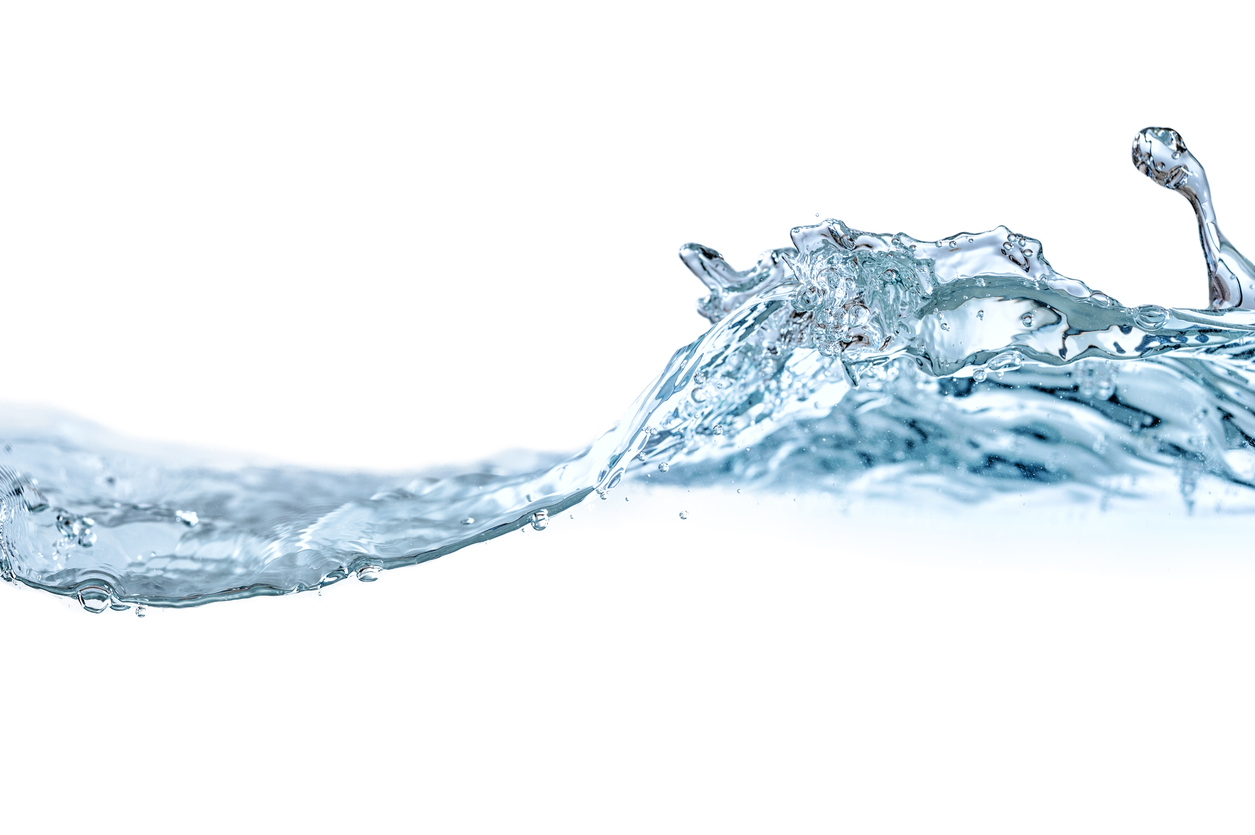Whether you realize it or not, you benefit from the use of water filters every day. Water filters provide you with safe water for drinking, cooking, bathing, and brushing your teeth. Given the importance of water filtration to our general well-being, it’s surprising that so few people actually know how water filters work.
How Do Water Filters Work?
If you’re curious as to the technology and methods that allow us to have access to clean water, then look no further. This short guide will go over all of the basics that you need to understand general water filtration and the way filters work.
The General Types of Filtration
There are two primary types of filtration, physical and chemical.
Physical filtration:
Physical filtration involves passing water through a substrate to catch undesirable particles. Water filtration systems typically include a number of different substrate layers of decreasing size to maximize the efficacy of filtration.
For example, water filtered through purely physical means may be passed through layers of pebbles of varying sizes, layers of sand, layers of carbon, and layers of cotton to gradually clear out unwanted additives in each layer.
Chemical filtration:
Chemical filtration removes unwanted particles in a very different way. With chemical filtration water is passed through active chemicals that are carefully chosen to bond with additives, removing them from the water.
For the most part, the vast majority of water filtration systems use a combination of physical and chemical filtration techniques to deliver the purest product.
Common Filtration Techniques
Physical and chemical filtration typically occurs according to a set order determined by the initial designer for the most effective process. While the approaches used can vary substantially based on the type of filtration system and the intended use of the water, there are a number of specific filtration techniques that you will see in commercial water filters over and over again.
Activated Carbon:
Activated carbon filtration is one of the most common forms of water filtration. It is generally used in personal water filtration, but it can be found in a number of other filter types.
This material is favored because of the internal surface area. Essentially, the space in between particles of activated charcoal create a sort of maze that molecules larger than water have difficulty passing through.
Activated carbon works well with chlorine, but it doesn’t do a great job of dealing with heavy metals. As an added downside, these filters do need regular replacement.
Reverse Osmosis:
Reverse osmosis describes the process of forcing water through a material similar to a very tight mesh at incredible pressure. The sheer force pushes the water through, leaving behind impurities.
The force needed requires active energy. Using this method costs money rather than using gravity or some other natural force.
Ion Exchange:
Have you ever noticed hard water spots in your bathroom? That’s evidence that your water supply probably doesn’t use an ion exchange filter.
Ion exchange uses chemistry to remove magnesium and calcium from your water by passing it through special beads that contain sodium ions. The chemical reaction that occurs binds the magnesium and calcium to the beads, creating a “softer” water.
Distillation:
Distillation is the oldest form of water filtration. Essentially it comes down to boiling your water. It just goes one step further. When you distill water, you actively catch the condensation created by boiling the original product and allow that to drip down into another clean container.
Impurities that only evaporate at much higher temperatures stay behind in the original container. So they don’t end up in your final product.
Restaurant Style Water Filters
To learn more about the kind of filters used in restaurants and other commercial enterprises, contact your California beverage company.









